HUT Hosts an Open Dialogue on New Approaches to Trauma Treatment
On May 1st, the Heal Ukraine Trauma team hosted an event at Kyiv’s Veteran Hub, bringing together veterans, practitioners, and professionals who care deeply about healing the invisible wounds of war. At the heart of the conversation was the use of Group Ketamine-Assisted Psychotherapy (G-KAP) to treat severe PTSD. HUT hosted this open, educational event to address the complexities of KAP and give people a forum to discuss doubts, concerns, taboos, and hopes for the future.
“There will be no recording...so feel free to ask any questions and speak honestly,” said HUT’s Ukraine Country Director Oksana Gryshchenko as she opened the evening. Amy Goodrich, HUT’s Director of Programs and a U.S. Army veteran, presented on HUT’s G-KAP program before opening the floor for the broader discussion.
HUT’s G-KAP program is designed for the Ukrainian context, combining training, group-based support, and the latest research on the use of ketamine as a tool for psychotherapeutic healing. Ketamine is approved for the treatment of PTSD and major depressive disorder (MDD) in the US and Ukraine. While the suitability of treatment must be evaluated in light of an individual’s history, needs, and other health conditions, combining ketamine with cognitive behavioral therapy (CBT) has shown considerable success in treating severe depression.
Dr. Simon Ruffell, the lead facilitator of HUT’s G-KAP program, who is a psychiatrist and psychedelic therapy researcher, shared his experience of the program as well. He emphasized the unique value of the group format, especially for veterans: “This is not just about trauma. It’s about learning to feel part of the world again.”
The program focuses on training Ukrainian therapists to ensure the country’s ongoing capacity to treat the thousands of veterans who may need to seek treatment after the war. In addition to learning therapeutic protocols, participants undergo a supervised psychedelic experience and receive support from professional peers. This approach builds not only skills, but also a community of practitioners working with a deep sense of understanding and responsibility.
The audience raised a range of important questions about research into the safety of KAP; why ketamine is the compound in use and what its properties are; how people can access therapies like these; and how the therapists in the program are supported.
HUT’s representatives responded candidly, and a productive, effective dialogue ensued that answered these questions with more detail into HUTs programs, current advocacy work in Ukraine, and the latest scientific research into psychedelic therapy. Amy also noted that HUT supports many kinds of mental health programs, with a focus on providing the most beneficial and effective services for veterans and their families. In addition to the G-KAP program, HUT offers family support groups, gatherings, and spaces like the Veteran Hub where people can feel heard, find community, and gain continued mental health education.







